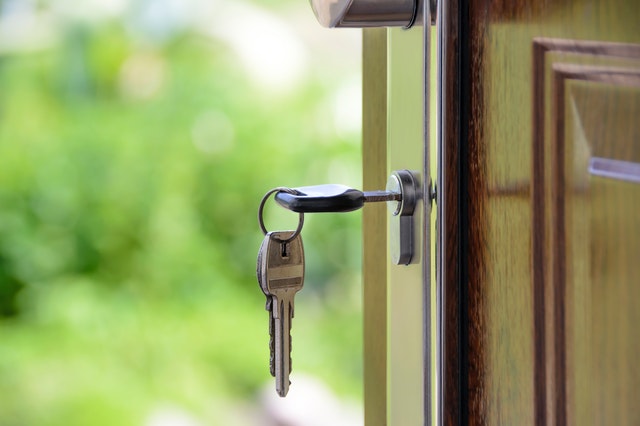 By now, it should be apparent that this COVID-19 (Corona-virus) pandemic is going to be here for several months. It is already causing the market to plummet and is disrupting jobs all over the country. Many people who work as hourly employees (or are independent contractors) are starting to suffer. As people’s budgets start to feel the squeeze, this is exactly the time that people should be relying on an emergency fund; however, for those who don’t have one, it is time to start saving.
By now, it should be apparent that this COVID-19 (Corona-virus) pandemic is going to be here for several months. It is already causing the market to plummet and is disrupting jobs all over the country. Many people who work as hourly employees (or are independent contractors) are starting to suffer. As people’s budgets start to feel the squeeze, this is exactly the time that people should be relying on an emergency fund; however, for those who don’t have one, it is time to start saving.
How To Create An Emergency Fund
Even though cash assistance from the government might be coming soon, this is not going to be enough to get people through the crisis. To start building an emergency fund, it is important to take a look at the regular income first. Try to figure out how many shifts are going to cut and estimate what money is left (unless you are a salaried employee).
After this, take a look at other possible sources of credit. Know the limits on the card and figure out to what extent these cards can be drawn out. If there is an income tax refund coming, plan for this; however, remember that the government might be behind.
Finally, try to cut spending where possible. Remember that vacations should be postponed, given travel restrictions. Most restaurants are going to close, so try to shop at the grocery store instead. Finally, consider asking the bank to put a stop on mortgage payments. These are all great ways to save immediate money.
Save What Is Left
Finally, after figuring out all of the expenses, subtract this from the expected monthly income over the next few months. Whatever is left should be socked away into an emergency fund. It is critical to have this fund put away in case a repair is needed on the house or if someone gets laid off.
Other Ideas To Consider
Finally, while this is not advisable, people might be able to cut retirement contributions to help with the emergency fund. It is better to save for the future when possible, but this can help people save money in a pinch, if needed. Take these tips to heart over the next few months and build an emergency fund.
 Those who are looking at buying a home need to think about whether or not they are truly ready for this responsibility. When someone takes out a mortgage, this is frequently the largest loan someone will ever apply for in their life. Furthermore, owning a home also means homeowners insurance, real estate taxes, home maintenance, and home repairs.
Those who are looking at buying a home need to think about whether or not they are truly ready for this responsibility. When someone takes out a mortgage, this is frequently the largest loan someone will ever apply for in their life. Furthermore, owning a home also means homeowners insurance, real estate taxes, home maintenance, and home repairs. Most people can’t pay for a home outright, so they finance it with a mortgage loan. 30-year mortgages are more conventional, but they also come with a significant interest price tag.
Most people can’t pay for a home outright, so they finance it with a mortgage loan. 30-year mortgages are more conventional, but they also come with a significant interest price tag.